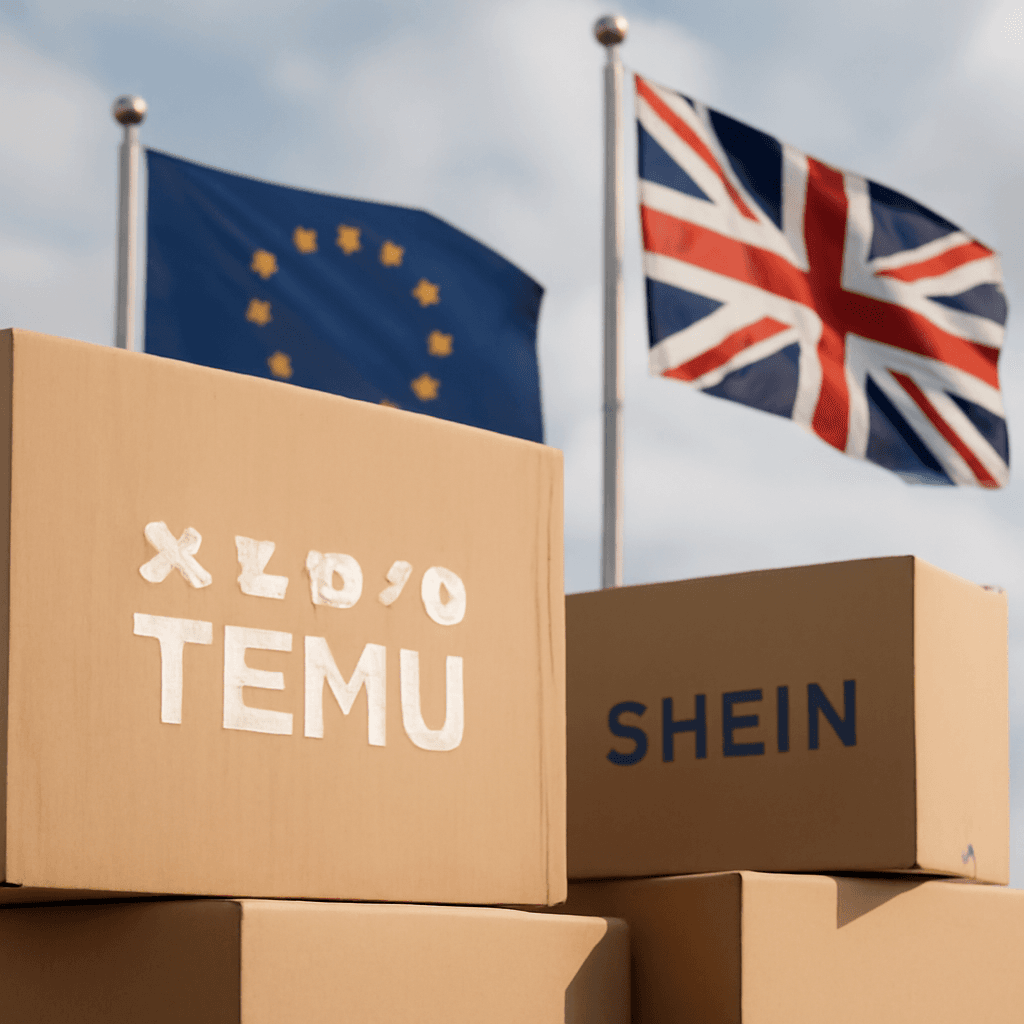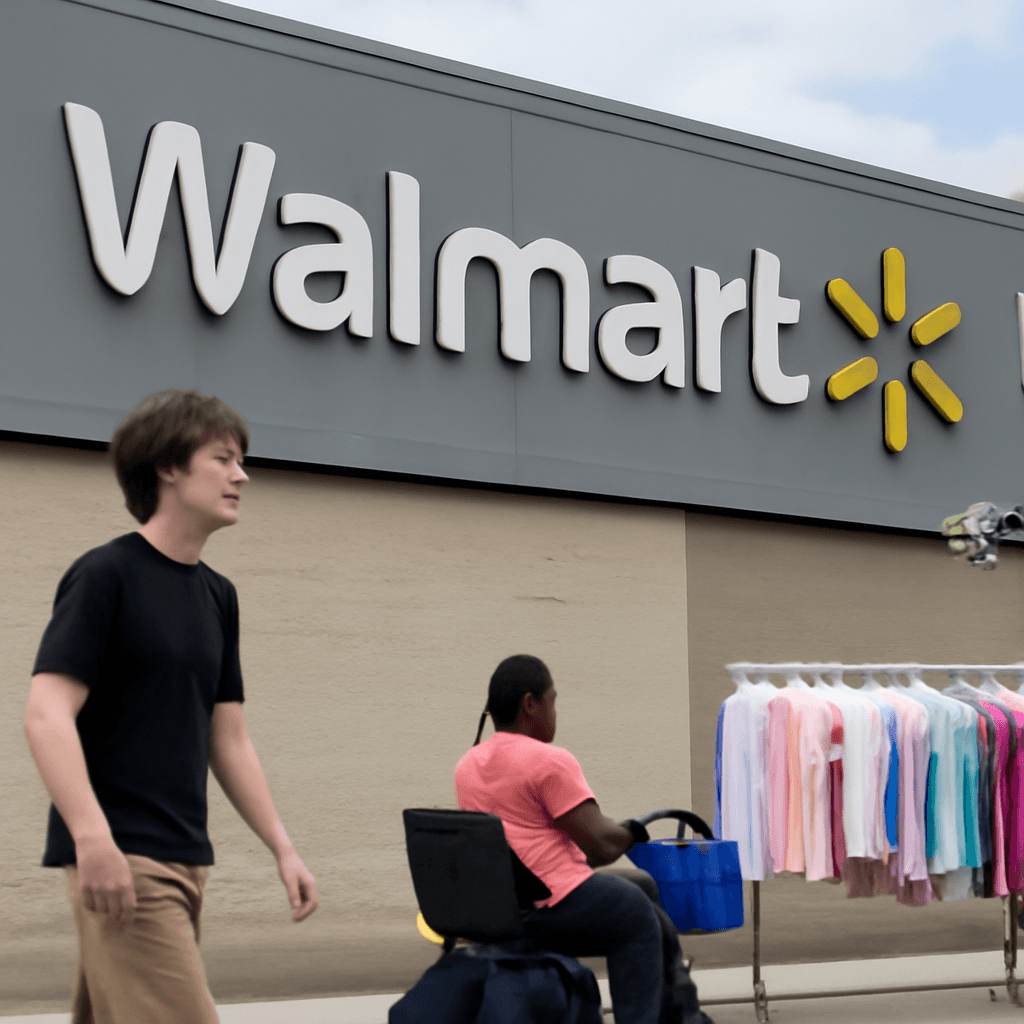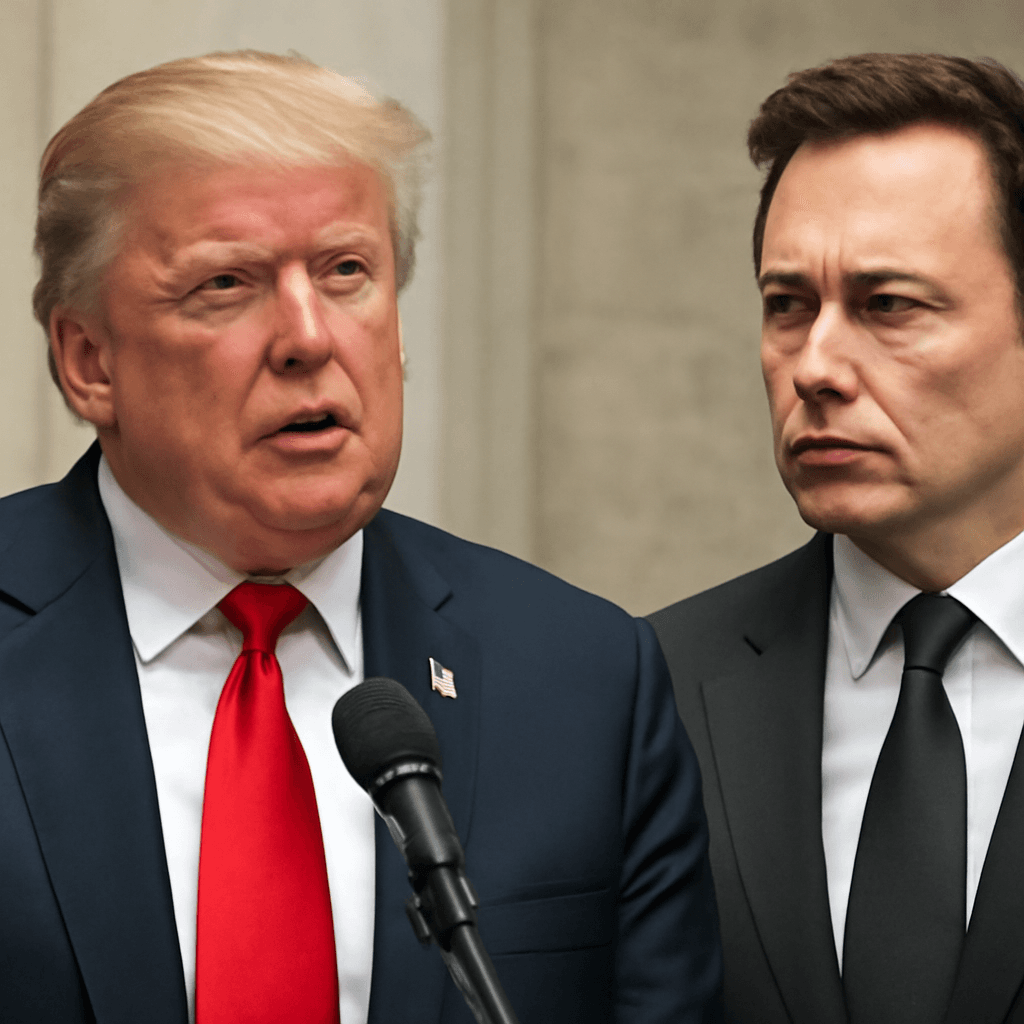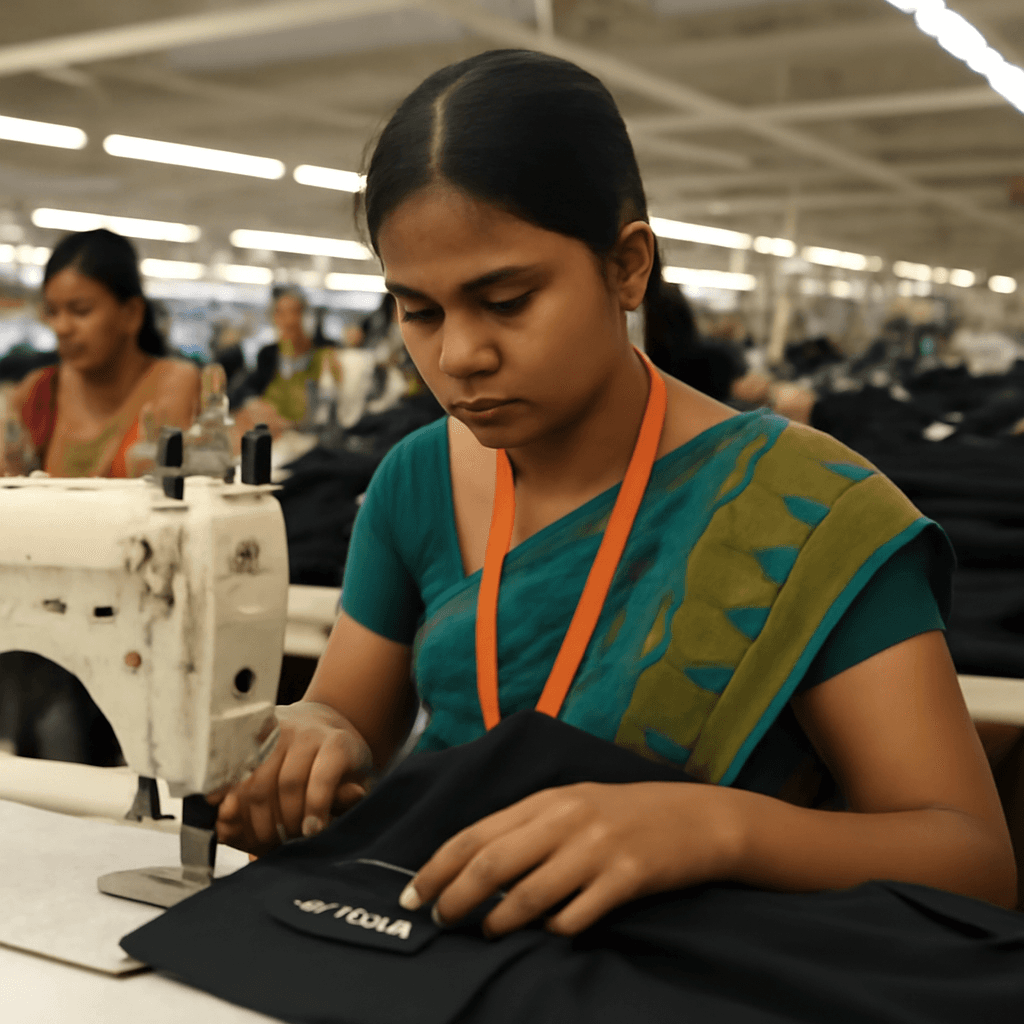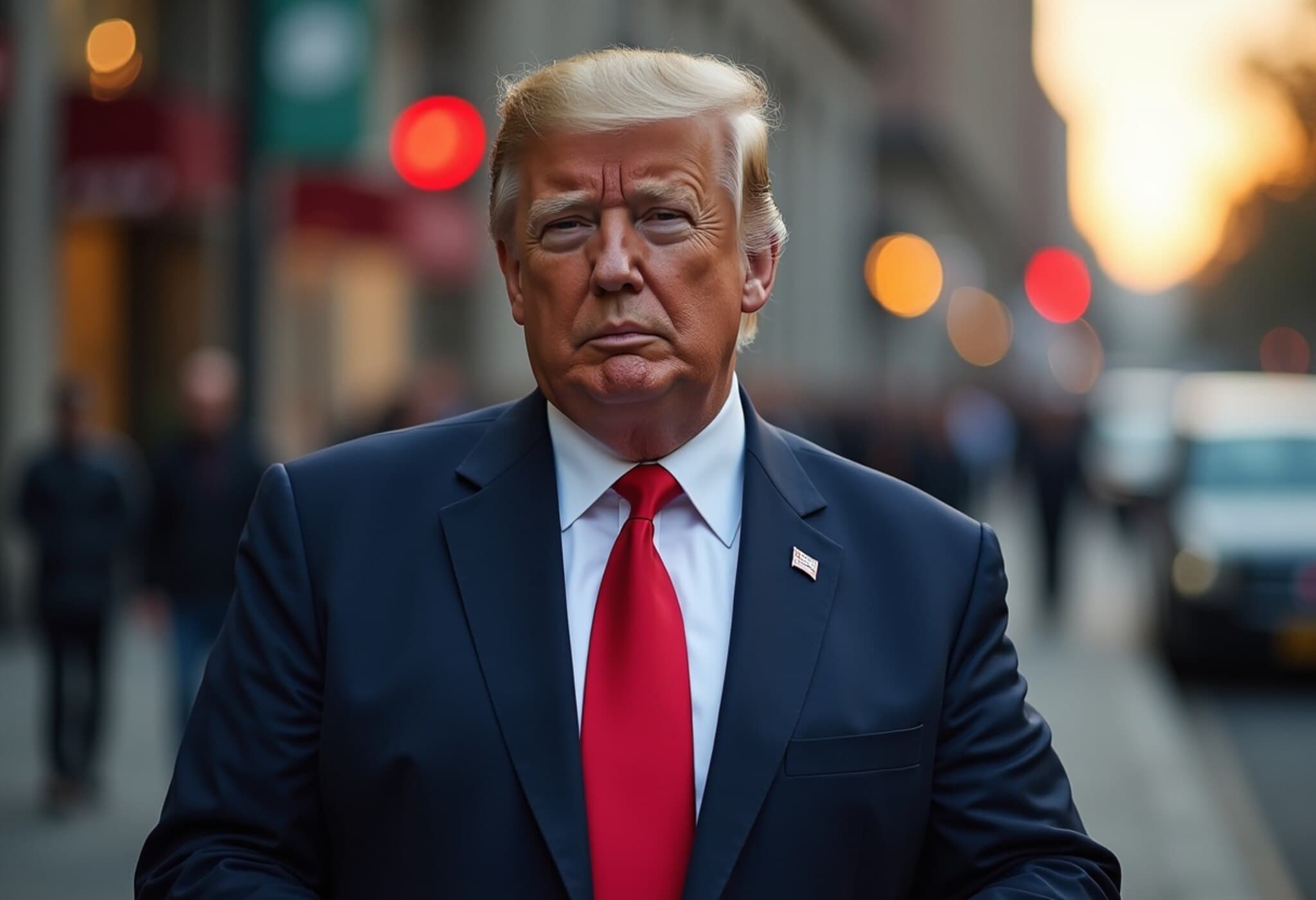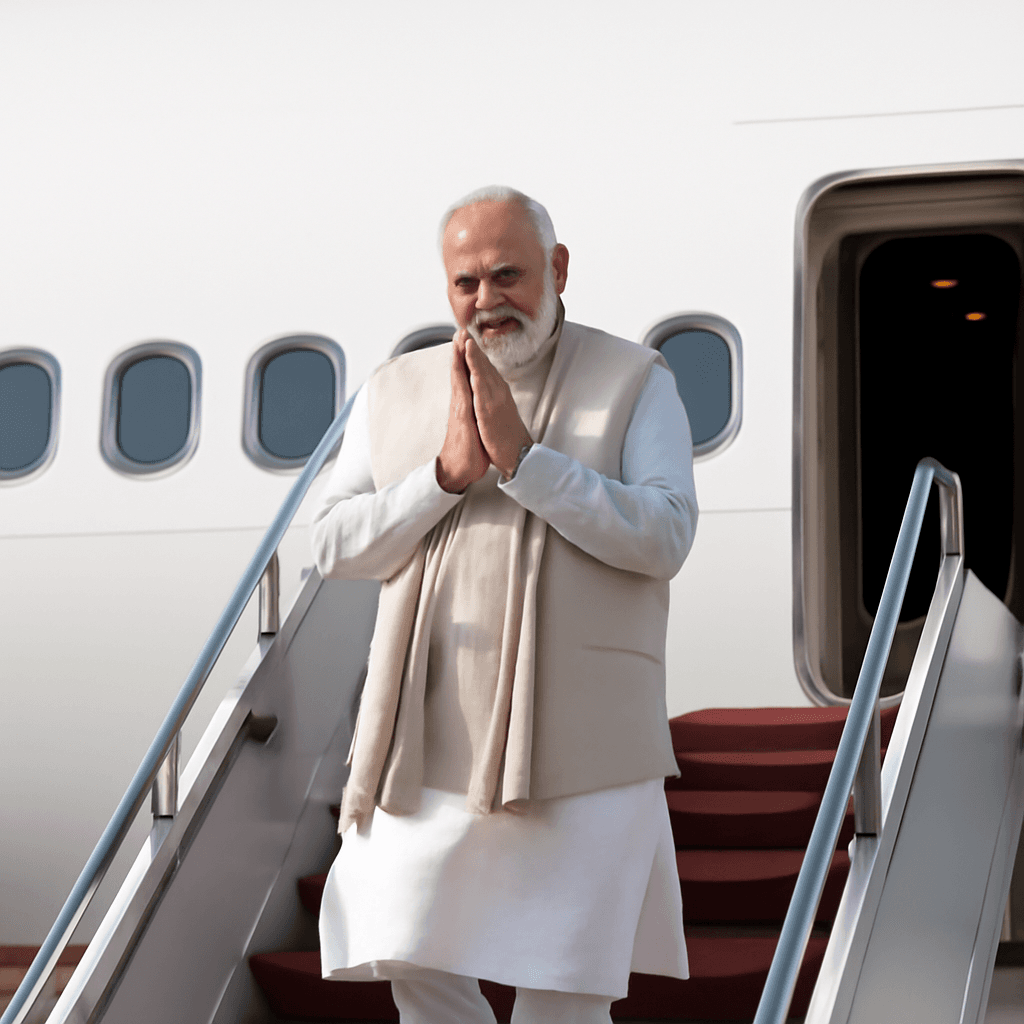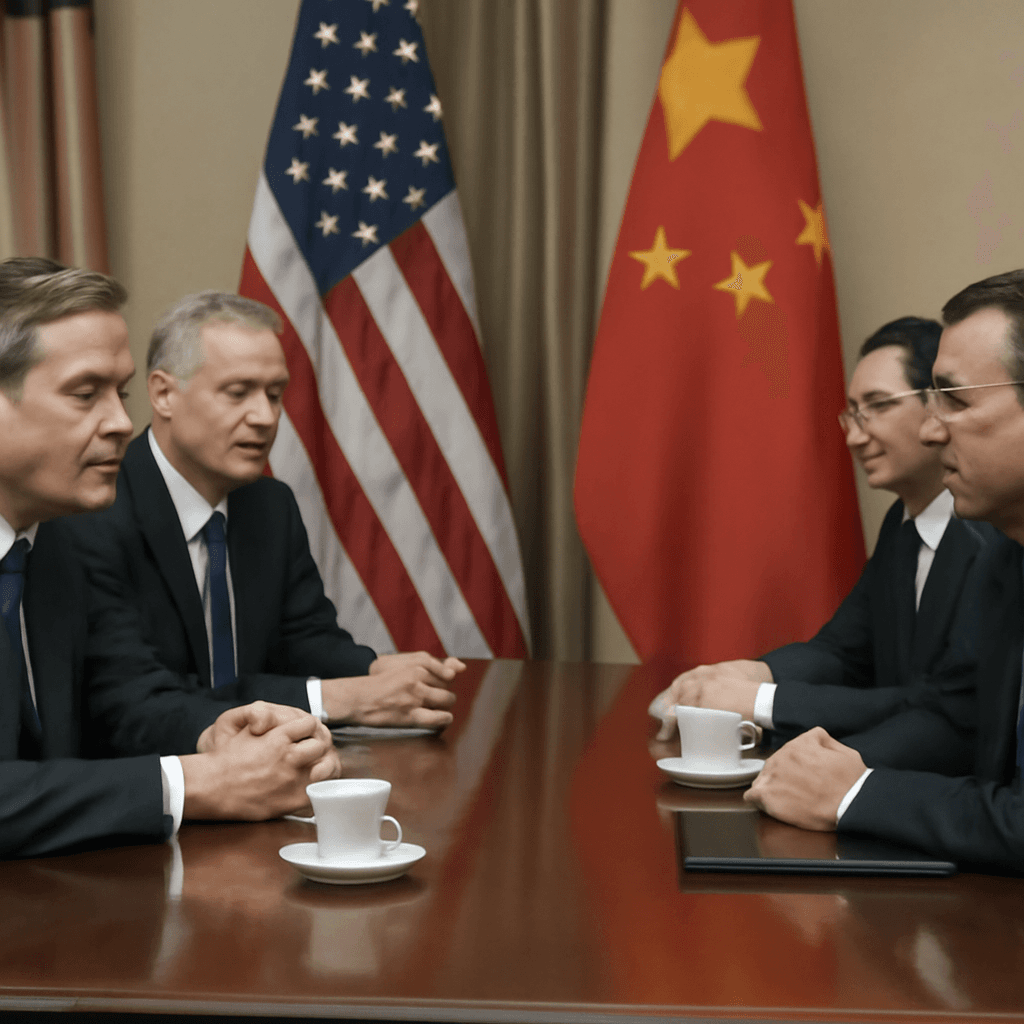Temu and Shein Turn to Europe as U.S. Tariffs Bite
As formidable U.S. tariffs disrupt their growth, budget-friendly e-commerce giants Temu and Shein are pivoting towards Europe in pursuit of new opportunities. However, this strategic shift might not come without its own set of challenges.
U.S. Market Takes a Hit
Consumer spending on Temu in the United States plummeted by 36% year-over-year in May 2025, while Shein witnessed a 13% decline in the same period. These setbacks are largely attributed to the removal of small package tariff exemptions, new import duties soaring up to 54%, and a $100 minimum threshold on postal shipments, all of which have dampened the appeal of ultra-affordable Chinese imports.
Europe Emerges as a New Battleground
In response, both Temu and Shein have considerably ramped up their presence in Europe, focusing efforts especially on the United Kingdom, France, and Germany. Advertising expenditures in European markets have surged as the companies aim to capture growing consumer interest.
- In May, Temu’s consumer spending in the EU soared 63% year-on-year.
- Shein posted growth of 19% in the EU and an impressive 42% in the UK during the same period.
- France, Europe’s second-largest economy, showed particularly strong traction for Temu.
Both platforms are investing heavily in expanding warehouse infrastructure and experimenting with localized business models to solidify their foothold.
Regulatory Roadblocks Ahead
Yet, the European Union is not a simple landing zone. Alongside a newly proposed €2 customs fee targeting small-value cross-border packages, regulatory scrutiny is intensifying. This fee is more than a minor surcharge; experts describe it as a strategic move to temper the rapid expansion of ultra-low-cost international e-commerce.
In France, legislative efforts are underway to tackle the environmental toll of fast fashion, with proposed laws specifically singling out platforms like Shein and Temu. Similarly, pan-European consumer organizations have lodged complaints alleging deceptive business practices and overconsumption tactics.
Compliance and Consumer Protection Challenges
To operate smoothly in Europe, Temu and Shein face stringent requirements on product safety, consumer rights, fair competition, and sustainability disclosures. The European Union's evolving Corporate Sustainability Due Diligence Directive will compel these platforms to identify and mitigate human rights violations within their supply chains and prove transparency in their environmental impact.
Moreover, concerns around labor standards—especially in relation to China's Xinjiang region and the Uyghur Forced Labor Prevention Act in the U.S.—pose additional hurdles. This regulatory heat mirrors the growing global trend toward protectionism and underscores the balancing act involved in scaling cross-border e-commerce.
Looking Ahead: Opportunities Despite Obstacles
While regulatory pressures loom large, Europe still represents a meaningful growth avenue for budget-conscious shoppers. Temu and Shein’s accelerated expansion reflects a broader strategic recalibration in the face of tightening global trade rules and shifting consumer behaviors.
Ultimately, success in European markets will hinge on their ability to navigate complex legal landscapes, uphold higher compliance standards, and resonate authentically with local consumers wary of ultra-cheap imports.

